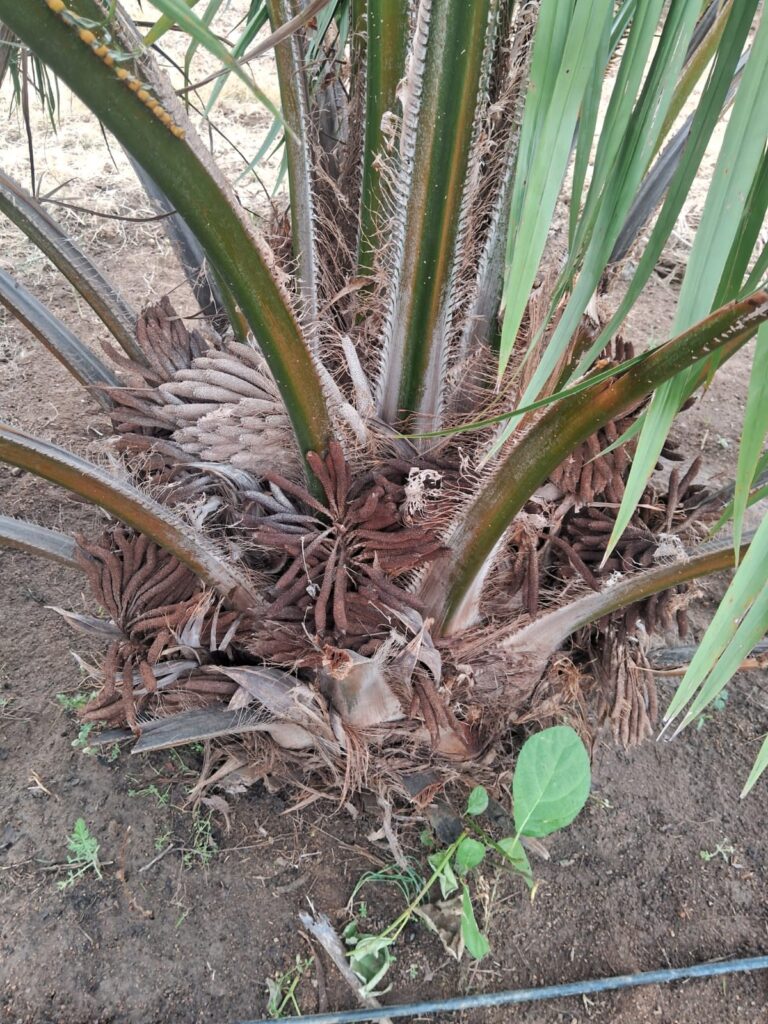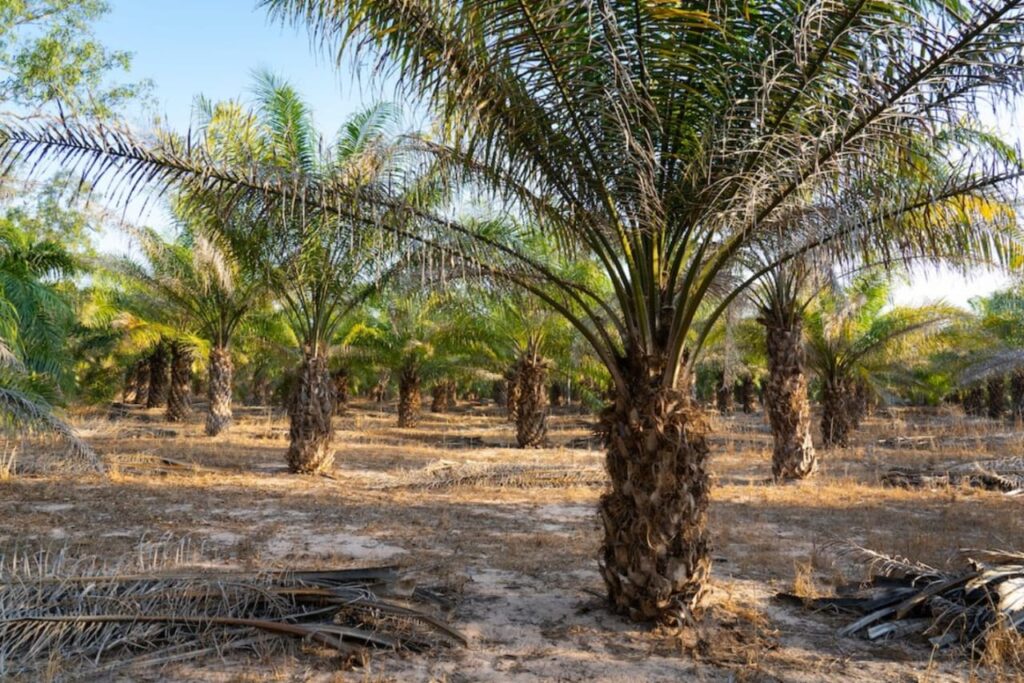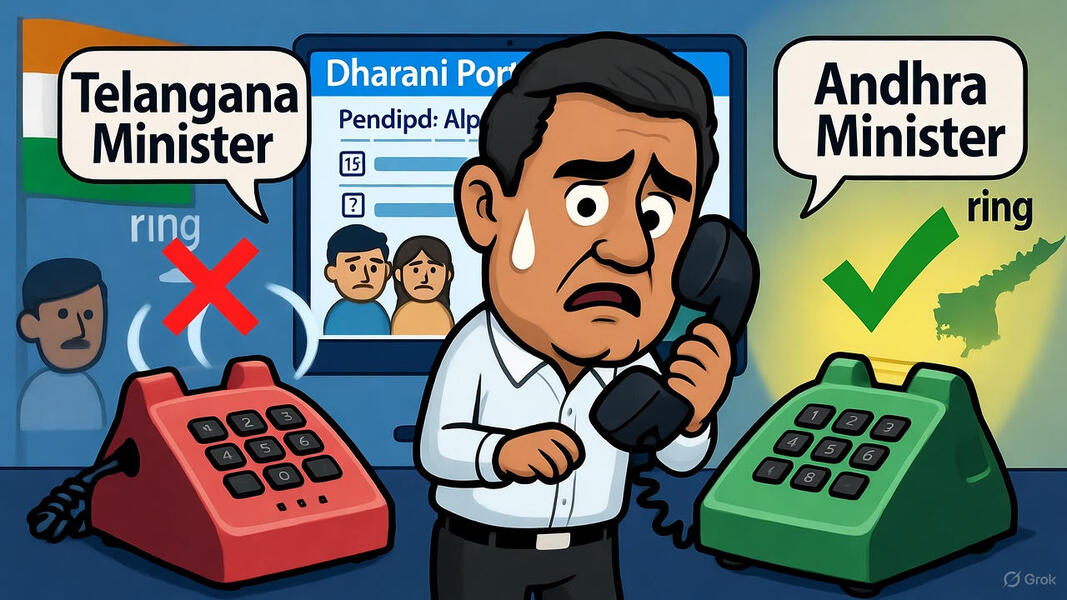Uncertainty looms over oil palm crop protection
Article Today, Hyderabad: Oil palm farmers in Telangana are facing serious hardships. Despite Chief Minister Revanth Reddy’s efforts to promote oil palm cultivation, the support systems for farmers remain weak. While officials urge cultivation on lakhs of acres, they have failed to ensure necessary protection measures. Farmers question if they will receive any compensation for losses. Adding to the concern, the proposed new seed law by the Telangana government reportedly does not even mention oil palm as an eligible crop for compensation.
Seed law committee leaves oil palm out
A committee set up to draft the new seed law has ignored oil palm entirely. The panel includes agriculture experts and is tasked with deciding compensation norms for crop losses due to faulty seeds. However, oil palm has not been discussed at all, say members of the committee. Alarmingly, no official from Oilfed—the body responsible for oil palm affairs—is part of this panel. This has led to strong allegations that private seed companies, in collusion with certain officials, are deliberately excluding oil palm to escape liability.
Private companies and officials under suspicion
Several senior officials at Telangana State Oilfed are under the scanner. Some are alleged to have direct or indirect links with private oil palm companies. Reports suggest that one upcoming key official, a few months away from retirement, and another linked to previous seed procurement controversies, are blocking oil palm’s inclusion in the seed law. Critics say this is a deliberate conspiracy, intended to shield companies from farmer compensation claims.
Genetic defects in imported seedlings spell disaster
Many oil palm farmers have suffered massive losses due to poor-quality imported seedlings. In districts like the undivided Khammam region, nearly 90,000 acres of oil palm cultivation has turned unproductive. Farmers complain that seedlings supplied after 2016 through Oilfed nurseries show 20% to 50% genetic defects. These defects have left plants fruitless even after six years, pushing farmers into debt. From 1993 to 2015, Oilfed maintained seedling quality, but post-2016, standards have dropped sharply.



Farmers forced to abandon hope
Farmers say the affected plantations cannot simply be uprooted and replanted. They highlight that under existing large trees, new saplings cannot grow effectively. Worse, if fresh seedlings also fail to produce fruit, they would face financial ruin again. Unlike short-duration crops like maize or paddy, oil palm is a long-term investment. The absence of any compensation mechanisms is deepening farmer distress across the state.
Appeal to Centre goes unheard
Desperate for relief, farmers travelled to Delhi and met Union Agriculture Minister Shivraj Singh Chouhan. They requested a scientific assessment of the damage and compensation for the losses. Though Oilfed Chairman Janga Raghava Reddy acknowledged genetic issues in seedlings after inspecting 12 plantations, he reportedly stated that neither the Telangana Oil Palm Act nor the Cooperative Act offers any compensation provisions. This left farmer associations disheartened.
Seed law reform must include oil palm
Farmer leaders and activists demand that oil palm be included in the new seed legislation. They stress that if farmers can receive compensation for spurious seeds in crops like paddy or cotton, the same protection must apply to oil palm. Clear provisions for damages caused by faulty seedlings must be drafted into law. Otherwise, farmers fear they will continue to face discrimination and financial ruin.
A test for farmer-centric governance
The oil palm crisis poses a serious test for the Telangana government’s farmer-first image. If the state truly aims to boost oil palm cultivation, then policies must align with farmer needs. Including oil palm in the seed law and ensuring compensation for defective plants is not just fair—it is essential for sustainable agriculture in the region.



